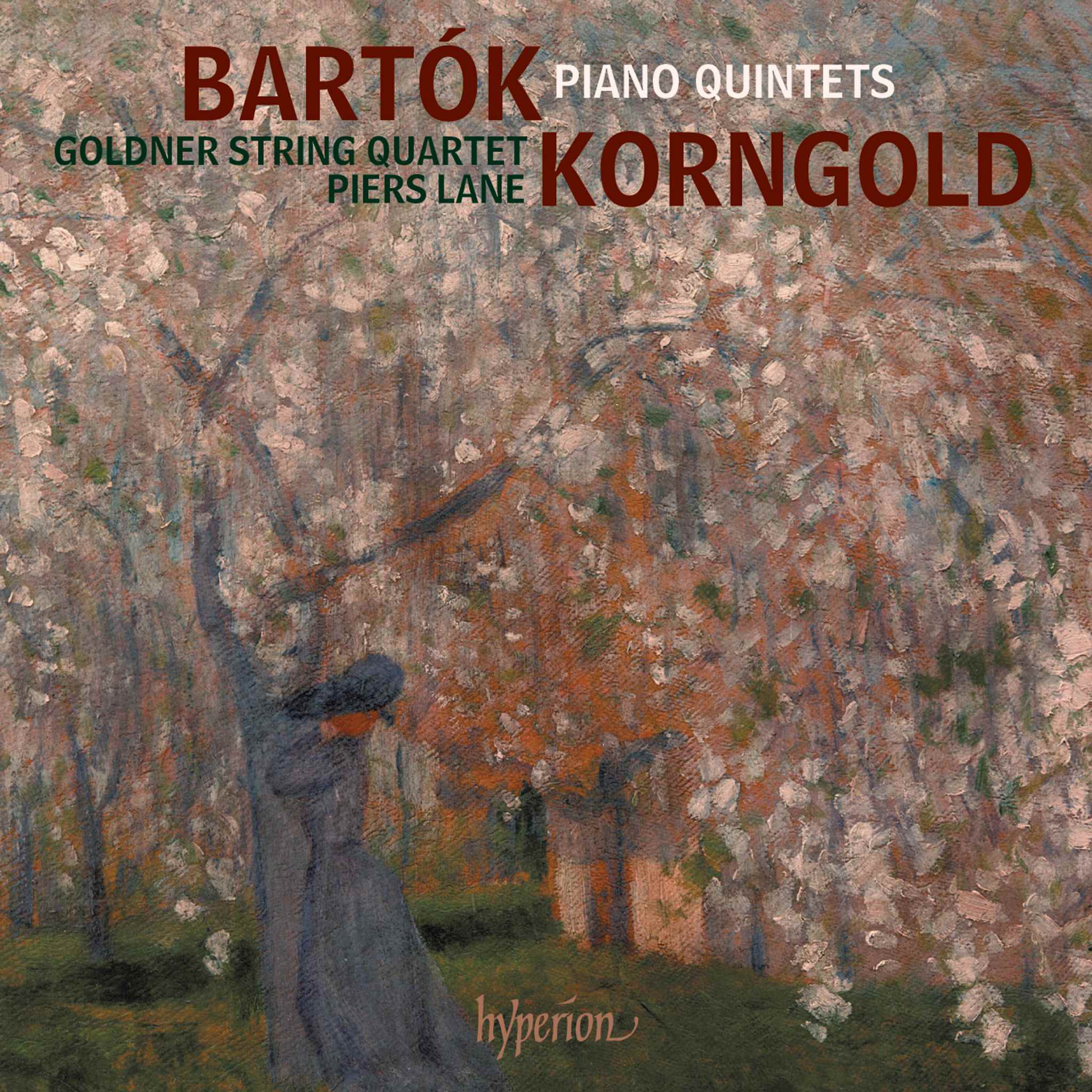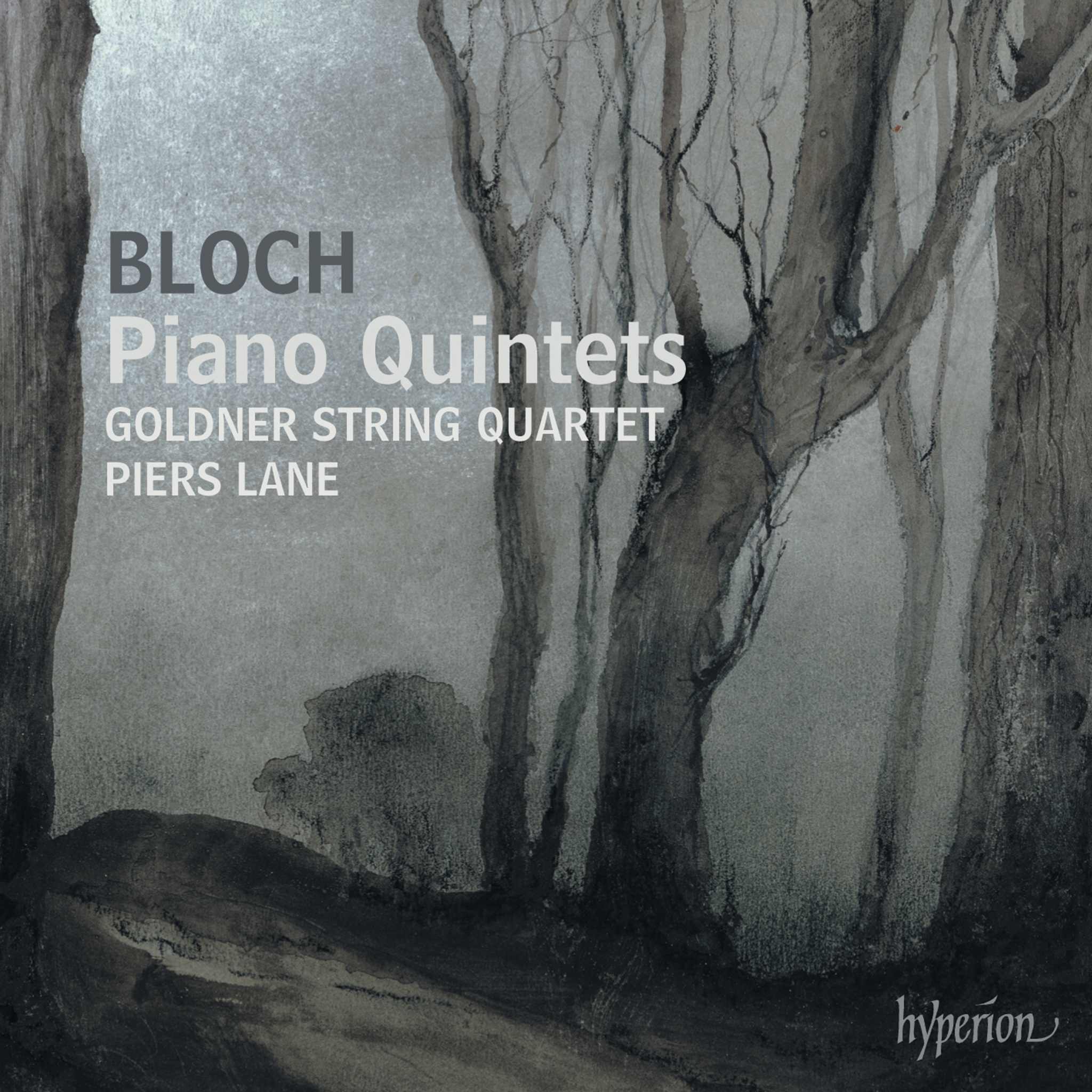Album insights
Rachmaninows herausragende Leistung im Bereich der russischen Kirchenmusik ist die Vertonung der gesamten Vigilien, die aus Vesper, Matutin, Laudes und Prim bestehen. Diese 15 a cappella Chorsätze sind oft als ‚Vesper‘ bekannt, umfassen jedoch das vollständige nächtliche Stundengebet der russisch-orthodoxen Kirche, wobei die liturgischen Abschnitte von der Abenddämmerung bis zum Morgengrauen reichen. In Klöstern werden diese Vigilien traditionell in vollständiger Länge zelebriert.
In seinen Kompositionen setzte sich Rachmaninow intensiv mit liturgischen Musikformen auseinander. Besonders auffällig ist seine Faszination für das russische Glockengeläut und das ‚Dies irae‘ des römisch-katholischen Ritus. Die 1915 vollendeten Vigilien bilden den Höhepunkt einer langen Entwicklungslinie russischer Sakralmusik.
Die Uraufführung der Vigilien erfolgte 1915 in Moskau und wurde vom Publikum begeistert aufgenommen. Für neun der insgesamt fünfzehn Teile griff Rachmaninow auf Gemeindegesänge aus verschiedenen russischen Traditionen zurück. Seine Musik zeichnet sich durch emotionale Tiefe aus und vermittelt auf eindrucksvolle Weise die liturgische Atmosphäre.
Eine besondere Neigung zeigte Rachmaninow für das Lied des Simeon, das im fünften Abschnitt der Vigilien erklingt. Mit seiner ausdrucksstarken Tonsprache hebt er die zentrale Rolle des Herzens im orthodoxen Glauben hervor.





